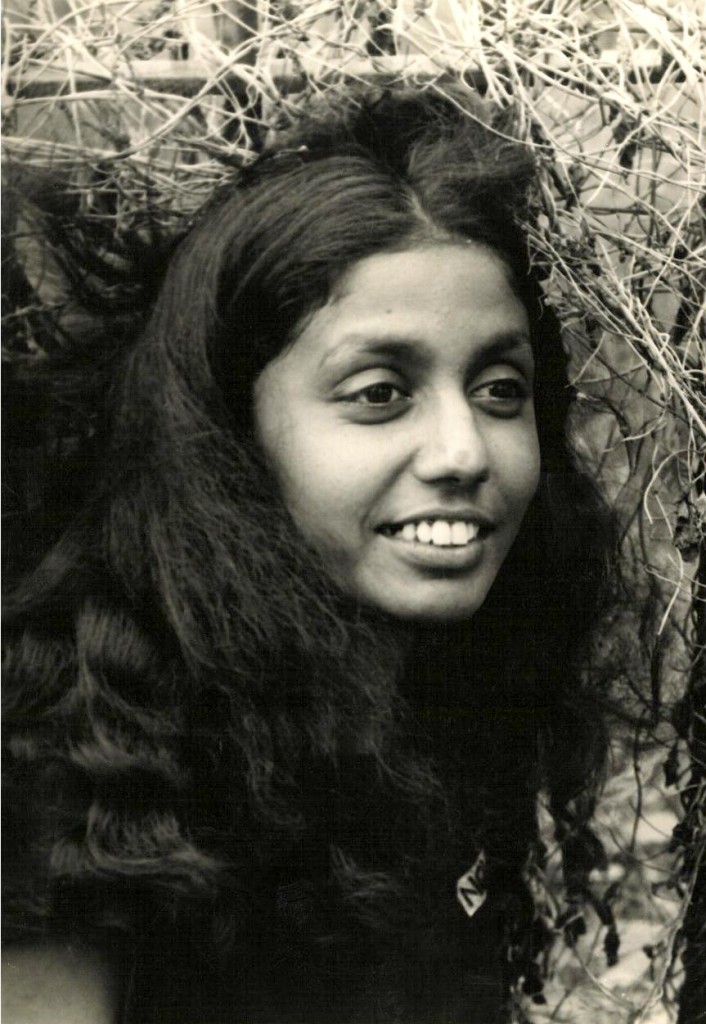I was a public servant when Rajani was assassinated by an LTTE agent 25 years ago. I took private leave, travelled to Jaffna at my own expense and participated in the 31st day Commemoration. She was a leading member of the UTHR (Jaffna branch) and coauthored, with Dr.Rajan Hoole, Dr. Daya Somasundaram and Dr. K.Sritharan, the monumental The Broken Palmyrah. She kept publicly exposing the Human Rights violations of the major armed groups at that time, viz, the LTTE, the Sri Lankan Army and the IPKF. She was killed while cycling home after work from the Jaffna Medical College. The Commemoration included and exhibition of her extensive and varied personal library, and the numerous messages received from those who had heard of her killing. Her library contained an amazingly rich collection books and journals, including many on Human Rights and the Social Science. Those who had sent messages included many from every continent and included Human Rights activists, Academics, Trade unionists and others whose life had been touched by her. There was also a march through Jaffna city by the participants despite attempts by LTTE to persuade the organizers to abundant it .
The organization then, as now was excellent and well publicized, attracting many from all over the Island as well as several distant countries. The state had initially withheld visas to the visitors from overseas but some of us intervened and all who wished to were able to participate. If the document displayed at that Commemoration could be reassembled it could form the basis for a Human Rights institution in Jaffna. There were persistent attempts by the LTTE to persuade the organizers to abandon the march, but the march went on. We passed groups of LTTE, the Sri Lankan Army and the IPKF all of whom glared at us but made no attempt to stop the march. The program went on as scheduled.
This time, 25 years later, there were basic changes in the circumstances. The LTTE is no more within Sri Lanka, the IPKF is gone, but the obstructions to the program were much more. The Vice Chancellor cancelled the booking of Kailasapathy Hall, effectively closing the university to the Commemoration; the Mayor cancelled the booking of the Jaffna Public Library; and the Police banned the march. It is over five years after the end of the war but those who had opposed the 31st day Commemoration 25 years ago seemed to oppose 25th year Commemoration even more vehemently and more effectively. Finally the entire commemoration moved into Trimmer Hall owned by the Methodist Church and, to a less extent, the family home of the Rajasingams.
Naturally, most of the participants were from Jaffna, but there were a few visitors from overseas. Even more salient were the large numbers of Sinhalese, Hill Country Tamils and Muslim participants, as well as Tamils settled elsewhere. There was a special bus for participants from Colombo, paid for by the passengers, but many others arranged their own transport at their own cost. The result was a happily diverse mix of around 200 participants. Clearly, every participant, now as 25 years earlier, had their lives directly or indirectly touched by Rajani. There were seminars, speeches, messages red out, and cultural programs. All three languages used with translations as appropriate. Only the march through the city was missed.
An unpleasant feature was the presence of few strangers, obviously neither participants nor journalists, who took photographs of the participants and recordings of the speeches and seminars. It was clear to everyone that they were security officers, though none of the proceedings were at all subversive.
One of the security officers informed Dayapala Thiranagama (widower of Rajani) that Dayapala was required to report to the local head of the army at Palaly. He reported, was questioned and released. At least one other person was mentioned as needed for questioning. It was expected that with the LTTE eliminated from the Island and the IPKF gone, the commemoration would go more smoothly than 25 years earlier. It was not so. In Jaffna, as far as Democracy and Human Rights were concerned, there has clearly been regression, not progression. The elimination of the LTTE has ended the war but not led to more Democracy; and the withdrawal of the IPKF has not led to greater sovereignty for the people of Sri Lanka.
